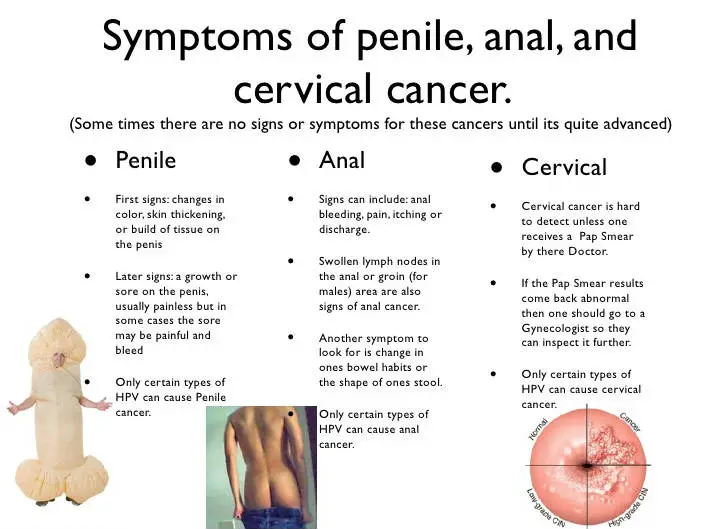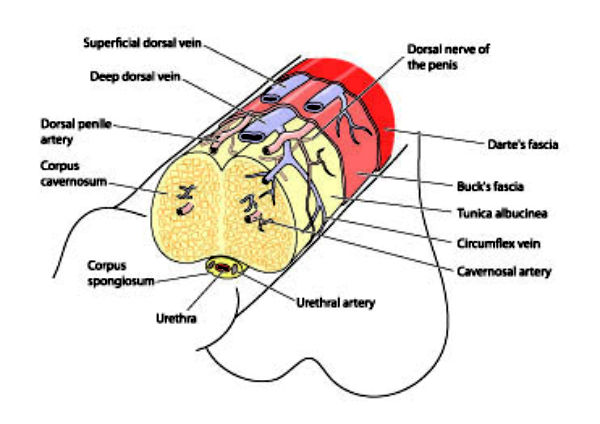Penile cancer is not a common occurrence, but when a diagnosis is set, this disease usually has devastating psychological effects for the patient and it is a real challenge for urologists.
Malignant tumors of the penis can develop from any tissue that enters into its composition, but in most cases, this is a carcinoma with platelet-stratified epithelium origin or squamous cell penile cancer. The biggest problem with this type of cancer is that the patients tend to minimize symptoms and seek medical advice about a year after they notice these symptoms for the first time.
According to some statistics, penile cancer represents about 0.5% of all malignancies in general. Statistical data show that this tumor occurs in approximately two men out of 100.000 men and it is more frequently seen in rural than in urban areas. It is a change that is rare in circumcised men and most of the people who are suffering from this disease are men older than 50, although it can occur at any period of life.
Penile Cancer Symptoms
Lumps, swellings, and ulcers are some of the first noticeable symptoms of penile cancer. The size and shape of these formations may vary. As we mentioned previously, penile cancers usually occur on the foreskin or the head of the penis. A few other symptoms might suggest that the patient is suffering from penile cancer:
- Redness
- Irritation
- Swollen lymph nodes around and on the groin
- Bleeding
- Itching
- Small wounds that cannot be healed
- Discharge.
Penile Cancer Types
A few different types of tissues are part of the penis structure. When penile cancer occurs, it affects only one of these tissues. Depending on the tissue they have developed from, we have different types of penile cancer.
Squamous cell penile cancer
About 90% of the patients are suffering from this type of penile cancer. It usually develops on the foreskin and the head of the penis. The main characteristic of this type of cancer is the slow formation, although there are cases when cancer develops fast. It is good to mention that if the cancerous cells are found in the beginning this disease can be cured very fast.
Melanoma of the penis
The cells that provide the color to the skin can be the place where this type of penile cancer develops.
Adenocarcinoma
This is a very rare type of penile cancer. It develops in the glandular cells of the penis.
Sarcoma of the penis
This is one of the rarest forms of penile cancer and it develops in the connective tissues of the body (muscle, fat, cartilage, etc.).
Basal cell penile cancer
As the name suggests, this type of penile cancer starts from the basal cells. This is one of the slowest-developing cancers in general.
Penile Cancer Causes
The main causes of penile cancer are usually inadequate hygiene in uncircumcised patients and chronic irritation. Phimosis can be noticed in almost 50% of patients suffering from penile cancer. It is often associated with the human papillomavirus too.
Smoking and chewing tobacco are linked to the development of penile cancer as well as chronic inflammation of this area and penis trauma. This type of cancer can be preceded by changes such as balanitis, warts, etc.
Penile Cancer Diagnosis
Medical history, the clinical picture, and a detailed objective examination are usually sufficient for diagnosis. The definitive diagnosis is made based on a histopathological examination of a sample retrieved with a biopsy. The scanner and magnetic resonance imaging as well as cone scan are performed in cases when the doctors suspect the existence of distant metastases.
Penile Cancer Treatment
The most superficial treatment can take place during the earliest phase of penile cancer. It is best to take action when the cells are in a pre-cancerous stage. Doctors usually perform a few different treatments in cases of penile CIS (situ). The type of treatment patients have depends on their personal preferences, the doctor’s opinion, and the types of available treatments at the hospital. There are two options – creams (chemotherapy cream or a few other types of creams) and minor surgery (laser therapy, cryotherapy, etc.).  In cases when the penile cancer is fully developed patients can have radiotherapy, chemotherapy, or surgery. The type of treatment depends on the stage of penile cancer. The process of creating a treatment plan is usually left to a team of specialists because this is a rare disease. It is a good idea to ask for a second opinion before you finally make your decision about the type of treatment you will get.
In cases when the penile cancer is fully developed patients can have radiotherapy, chemotherapy, or surgery. The type of treatment depends on the stage of penile cancer. The process of creating a treatment plan is usually left to a team of specialists because this is a rare disease. It is a good idea to ask for a second opinion before you finally make your decision about the type of treatment you will get.
Penile Cancer Prevention
Just like any other type of cancer, penile cancer can be prevented if men eliminate the risk factors. As we have mentioned before things like HPV infection, AIDS virus infection, smoking, and personal hygiene are one of the main reasons for the development of penile cancer. Those who want to lower the chances of getting penile cancer should quit smoking, use condoms or other mechanical contraception and restrain from changing their partners frequently.
Penile Cancer Natural Cure
Besides conventional treatment, a few other ways are still being studied in clinical trials, but have shown positive results. First, patients can choose biological treatment. With this treatment, patients use certain substances that can boost or restore their natural defenses in the fight against penile cancer. You can find this treatment under the name immunotherapy too.
Radio sensitizers are medicines that make tumor cells easier to treat with radiation. In this way, radiotherapy can eliminate more tumor cells. In some cases, when penile cancer has progressed to its final stage, doctors can remove the sentinel lymph node by performing surgery. In this way, they remove the node that receives lymphatic drainage from the tumor. This is the first lymph node that is affected by penile cancer.
References: Health Line, Cancer Research UK, About.com, Cancer net

